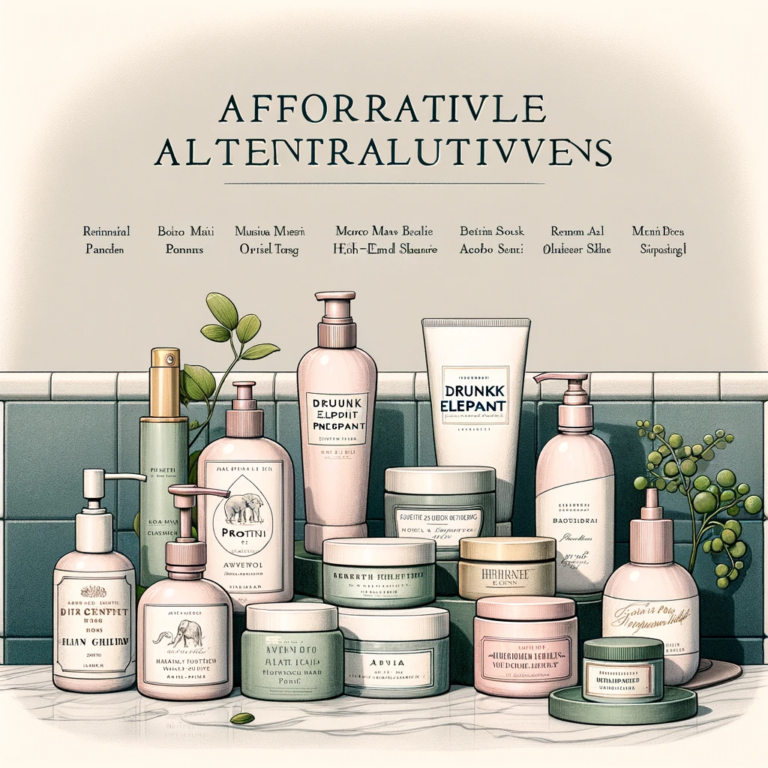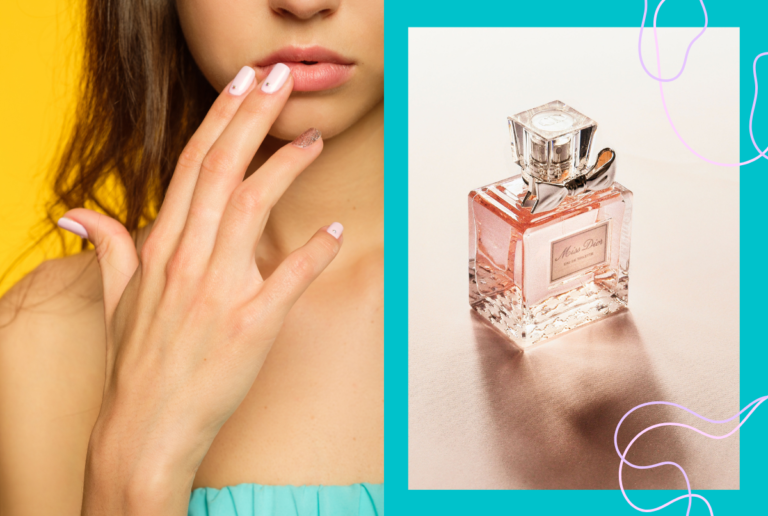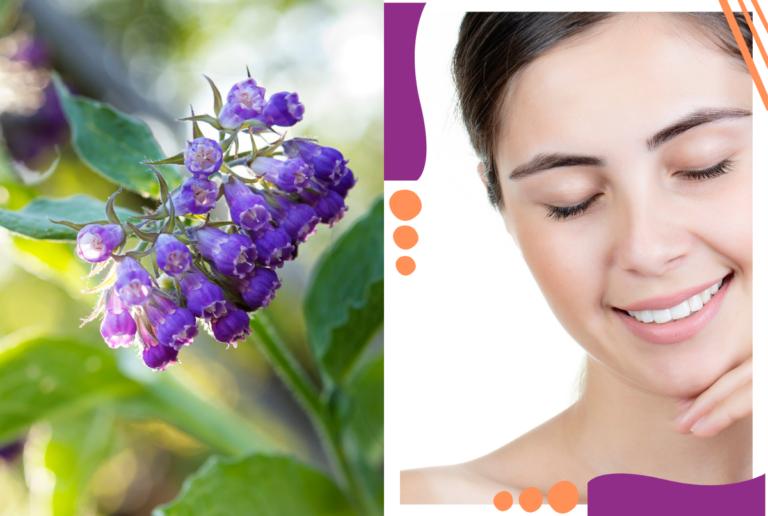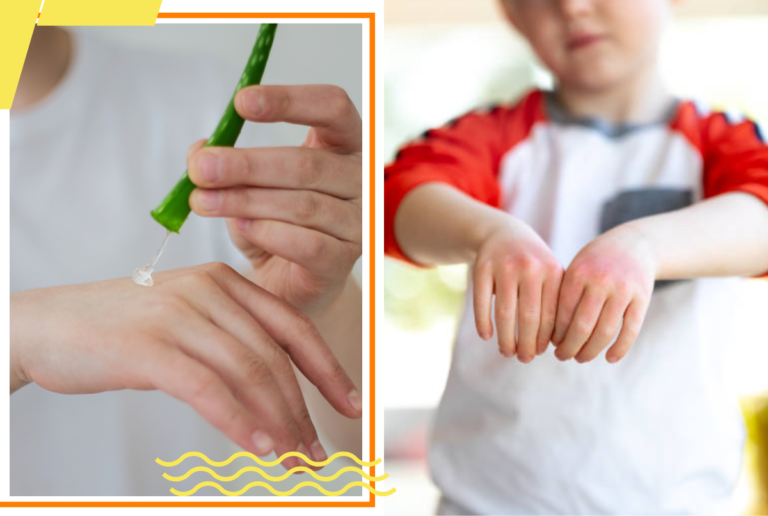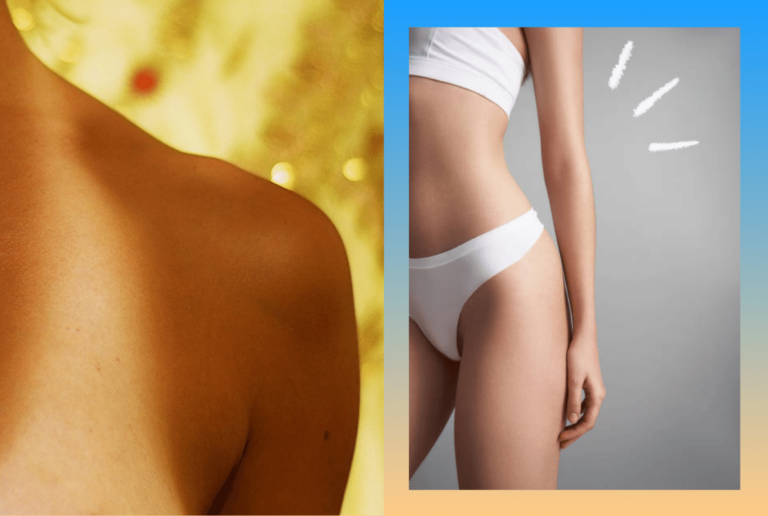Can Retinol Worsen Dark Spots?
Wondering if retinol could actually worsen your dark spots?
It’s a valid concern, especially since retinol, a derivative of Vitamin A, is celebrated for its skin renewal properties. Known for boosting cell turnover and enhancing collagen production, retinol aims to leave you with smoother, more radiant skin.
However, its impact on dark spots isn’t always straightforward.
Well, we’ll be going over:
- How does retinol interact with melanin production and could this exacerbate dark spots?
- What are the potential side effects of using retinol on hyperpigmented areas?
- What precautions should you take when using retinol to ensure it helps rather than hinders your skin concerns?
Let’s dive in.
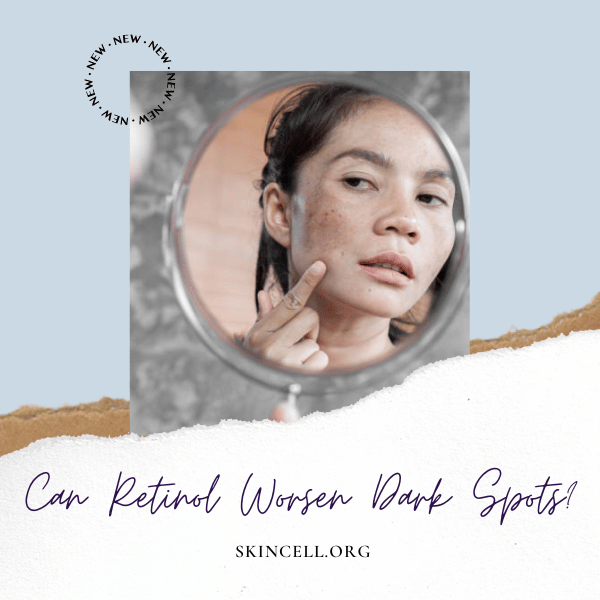
Key Takeaways
- Retinol is a popular ingredient in many skincare products due to its ability to increase cell turnover and promote collagen production.
- If used incorrectly, retinol can actually make dark spots worse by causing an increase in pigmentation.
- To avoid worsening dark spots, it is important to choose the right retinol product for your skin type and to use it correctly by following best practices.
Understanding Retinol and Its Effects on the Skin
Retinol, a form of Vitamin A, is a popular ingredient in many skincare products. It is known for its ability to improve skin texture, reduce fine lines, and even out skin tone.
However, there is some concern that retinol can make dark spots worse. In this section, we will explore the role of retinol in skin care and how it affects melanin production and dark spots.
The Role of Retinol in Skin Care
Retinol is a powerful antioxidant that helps to protect skin cells from damage caused by free radicals. It also helps to increase cell turnover, which can improve the overall appearance of the skin.
Retinol is also known to stimulate collagen production, which can help to reduce the appearance of fine lines and wrinkles.
How Retinol Affects Melanin Production and Dark Spots
Melanin is the pigment that gives our skin its color. When melanin is produced in excess, it can lead to the formation of dark spots on the skin. Retinol has been shown to inhibit melanin production, which can help to reduce the appearance of dark spots.
However, some studies have suggested that retinol can make dark spots worse in certain individuals.
It is important to note that retinol can be irritating to the skin, especially in high concentrations. This irritation can cause inflammation, which can lead to the formation of dark spots.
It is also possible that retinol can cause the skin to become more sensitive to the sun, which can lead to the formation of dark spots.
If you are concerned about the effects of retinol on your skin, it is important to speak with a dermatologist. They can help you determine whether retinol is right for you and recommend the best products for your skin type.
Potential Side Effects of Retinol on the Skin
Retinol is a popular ingredient in many skincare products, and it is known for its ability to improve the appearance of fine lines, wrinkles, and dark spots. However, it is important to be aware of the potential side effects of retinol on the skin.
Common Irritations and Dryness
Retinol can cause some common irritations and dryness, especially when you first start using it. These side effects usually occur because the skin is not used to the retinol, and they can include redness, peeling, and dryness.
It is important to start with a low concentration of retinol and gradually increase the concentration over time to minimize these side effects.
To help minimize dryness, it is recommended to use a moisturizer after applying retinol. You can also try using retinol every other day instead of every day until your skin gets used to it. If you experience severe dryness or irritation, you should stop using retinol and consult with a dermatologist.
The Impact of Retinol on Sensitive Skin
If you have sensitive skin, retinol can cause more severe side effects such as burning, stinging, and itching. It is important to be cautious when using retinol if you have sensitive skin, and you may want to start with a lower concentration of retinol or use it less frequently.
It is also important to note that retinol can make dark spots worse in some cases. If you notice that your dark spots are getting worse after using retinol, you should stop using it and consult with a dermatologist.
Overall, retinol can be a highly effective ingredient for improving the appearance of fine lines, wrinkles, and dark spots. However, it is important to be aware of the potential side effects and take the necessary precautions to minimize them.
Best Practices for Using Retinol to Avoid Worsening Dark Spots
Retinol is a popular ingredient in skincare products that can help reduce the appearance of dark spots caused by sun damage or post-inflammatory hyperpigmentation. However, if not used correctly, retinol can also worsen existing dark spots.
Here are some best practices to follow when using retinol to avoid worsening dark spots.
Proper Application Techniques
When applying retinol, it’s important to use the correct amount and apply it properly. Start by cleansing your face and waiting for it to dry completely. Then, take a pea-sized amount of retinol and gently massage it into your skin.
Avoid applying too much retinol, as this can cause irritation and make dark spots worse. Also, avoid applying retinol too close to the eyes or mouth, as these areas are more sensitive.
Incorporating Sunscreen into Retinol Use
One of the most important things to keep in mind when using retinol is to always wear sunscreen. Retinol can make your skin more sensitive to the sun, and exposure to UV rays can worsen dark spots.
Make sure to use a broad-spectrum sunscreen with an SPF of at least 30 every day, even if you’re not planning on spending much time outdoors. Apply sunscreen after your moisturizer and before your makeup.
In addition to using sunscreen, it’s also important to limit your sun exposure as much as possible. Try to stay in the shade during peak sun hours, wear protective clothing, and avoid tanning beds. If you do need to be outside, reapply your sunscreen every two hours.
By following these best practices when using retinol, you can help reduce the appearance of dark spots without making them worse.
Remember to be patient – it can take several weeks or even months to see results from retinol. If you experience any irritation or discomfort, stop using retinol and talk to your dermatologist.
Choosing the Right Retinol Product for Your Skin Type
Retinol is a popular ingredient in many skincare products, including creams and moisturizers. It is known for its ability to reduce the appearance of fine lines, wrinkles, and dark spots. However, if you have dark spots, you may be wondering if retinol can make them worse.
The answer is that it depends on several factors, including the concentration of retinol in the product and your skin type. Here are some tips to help you choose the right retinol product for your skin type.
Identifying Your Skin Type
The first step in choosing the right retinol product is to identify your skin type. There are several different skin types, including dry, oily, combination, and sensitive. If you’re not sure what your skin type is, you can consult with a dermatologist or esthetician.
They can help you determine your skin type and recommend products that are appropriate for your skin.
Retinol Concentrations and Formulations
Once you’ve identified your skin type, you can start looking for retinol products that are appropriate for your skin. One of the most important factors to consider is the concentration of retinol in the product.
Retinol concentrations can vary widely, from 0.1% to 2% or more. If you have sensitive skin, you may want to start with a lower concentration and work your way up as your skin becomes more accustomed to the product.
Another factor to consider is the formulation of the retinol product. Retinol creams are the most common type of retinol product, but there are also serums, gels, and oils that contain retinol.
Each formulation has its own advantages and disadvantages, so you should choose the one that works best for your skin type and your personal preferences.
In addition to retinol, you should also look for products that contain moisturizers and other ingredients that can help soothe and protect your skin. OTC retinol creams that contain salicylic acid, retinol, and glycolic acid have been shown to be effective in reducing the appearance of dark spots caused by acne-induced PIH [1].
Overall, retinol can be an effective ingredient for reducing the appearance of dark spots, but it’s important to choose the right product for your skin type and to use it as directed. If you have any concerns about using retinol, you should consult with a dermatologist or esthetician.
They can help you determine if retinol is right for your skin and recommend products that are appropriate for your skin type.
Alternative Treatments and Preventative Measures for Dark Spots
If you are concerned about using retinol for treating dark spots, there are alternative treatments and preventative measures that you can try. These treatments can be effective in reducing the appearance of dark spots and preventing new ones from forming.
Vitamin C and Other Skin Brightening Agents
Vitamin C is a powerful antioxidant that can help to brighten the skin and reduce the appearance of dark spots. It works by inhibiting the production of melanin, the pigment that gives skin its color. You can incorporate vitamin C into your skincare routine by using a vitamin C serum or cream.
Other skin brightening agents include kojic acid, arbutin, and licorice extract. These ingredients work by inhibiting the enzyme that produces melanin, thereby reducing the appearance of dark spots.
Lifestyle Changes to Prevent Hyperpigmentation
Preventing hyperpigmentation is key to avoiding the need for treatments. One of the most important things you can do to prevent hyperpigmentation is to protect your skin from the sun.
This means wearing sunscreen with at least SPF 30 every day, even when it’s cloudy outside. You should also wear a hat and other protective clothing when you’re outside for extended periods of time.
Another lifestyle change that can help prevent hyperpigmentation is to avoid picking at your skin. Picking at pimples or other blemishes can lead to post-inflammatory hyperpigmentation, which can be difficult to treat. You should also be gentle when cleansing your skin, and avoid using harsh scrubs or exfoliants.
In summary, if you are concerned about using retinol to treat dark spots, there are alternative treatments and preventative measures that you can try. Incorporating vitamin C and other skin brightening agents into your skincare routine, as well as making lifestyle changes to prevent hyperpigmentation, can be effective in reducing the appearance of dark spots and preventing new ones from forming.
Frequently Asked Questions
How does retinol affect hyperpigmentation and dark spots?
Retinol, a derivative of vitamin A, is a popular ingredient in many skincare products, including those designed to treat hyperpigmentation and dark spots. Retinol works by increasing cell turnover, which can help to fade dark spots over time.
It also helps to prevent the formation of new dark spots by inhibiting the production of melanin, the pigment that gives skin its color.
What is the best way to use retinol for treating dark spots on the face?
Retinol can be irritating to the skin, especially when first starting to use it. It is recommended to start with a low concentration of retinol and gradually increase the concentration over time. It is also important to use retinol at night, as sunlight can break down the active ingredient and make it less effective.
Always follow the instructions on the product label and consult with a dermatologist if you have any concerns.
Can using retinol on dark spots initially worsen their appearance?
It is possible for retinol to initially worsen the appearance of dark spots before they start to fade. This is because retinol increases cell turnover, which can cause the skin to peel and become flaky.
However, this is a normal part of the process and should subside after a few weeks of consistent use. If you experience excessive redness or irritation, discontinue use and consult with a dermatologist.
How long typically does it take for retinol to fade dark spots?
The amount of time it takes for retinol to fade dark spots can vary depending on the severity of the hyperpigmentation and the concentration of the retinol used. Generally, it can take several weeks to several months to see noticeable results.
Consistency is key when using retinol for dark spots, so it is important to use it regularly and follow the instructions on the product label.
Is it safe to combine dark spot correctors with retinol treatments?
It is generally safe to combine dark spot correctors with retinol treatments, but it is important to be cautious when using multiple active ingredients at once. Always patch test new products before using them on your entire face, and avoid using multiple products that contain retinol.
It is also important to use a broad-spectrum sunscreen during the day to protect your skin from further damage.
What are the most effective retinol concentrations for reducing hyperpigmentation on dark skin?
The most effective retinol concentrations for reducing hyperpigmentation on dark skin can vary depending on the individual and the severity of the hyperpigmentation. However, concentrations between 0.5% and 1% are generally considered safe and effective for most people.
As always, it is important to start with a low concentration of retinol and gradually increase the concentration over time.

